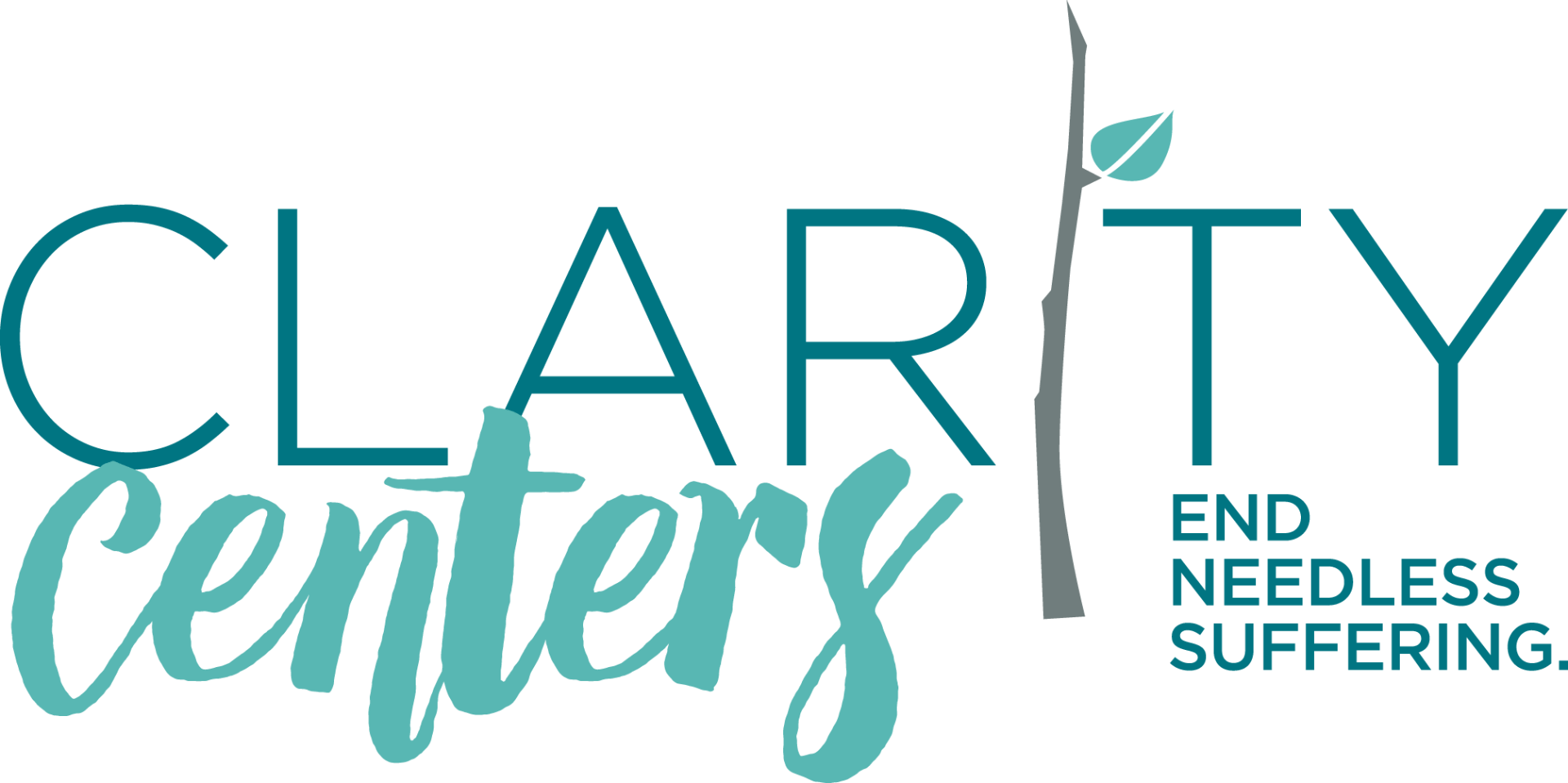Psychiatry and Medication Management
WHAT IS A PMHNP?
Clarity Centers now has a psychiatric mental health nurse practitioner or PMHNP. Much like a psychiatrist, a PMHNP can conduct diagnostic assessments, provide individual and family/couples psychotherapy, prescribe medication if medically necessary, develop treatment plans, and work with other healthcare providers to give you the most precise, complete, and consistent level of care possible. The mental illnesses that PMHNPs frequently treat include ADHD, PTSD, depression, anxiety, drug and alcohol abuse, OCD and bipolar disorder, but that only begins to touch on the different issues that patients of PMHNPs experience. Here’s a list of some of the illnesses/issues that our psychiatric mental health nurse practitioner specializes in:
- ADHD
- Alcohol Use
- Behavioral Issues
- Borderline Personality
- Family Conflict
- Mood Disorders
- OCD
- Oppositional Defiance
- Personality Disorders
- Psychosis
- PTSD
- Self-Esteem
- Stress
- Thinking Disorders
- Trauma
- Women’s Issues
Psychiatric mental health nurse practitioners are not medical doctors. Unlike a psychiatrist, nurse practitioners are technically not considered a physician. However, despite this distinction, there is a significant overlap in the responsibilities of a psychiatrist and a PMHNP. Psychiatrists and PMHNPs are the only two types of mental healthcare providers who can prescribe medication, and both integrate diagnostic assessments and carefully designed, individual-oriented treatment plans into their practice.
In some cases, PMHNPs can offer an even more thorough, hands-on approach to mental healthcare than psychiatrists can because of the versatility of a PMHNP’s duties. They not only have the ability to perform assessments, diagnose, and offer medication management – they also provide more extensive counseling services and sometimes even function as educators to their patient, their patient’s family, and other providers/therapists on what health considerations and clinical resources should factor into the patient’s collaborate treatment.
So the responsibilities of a PMHNP do involve a level of collaboration within the mental healthcare community that you might not find in the treatment administered by a psychiatrist or a primary care physician. In a sense, a PMHNP – while not a physician – facilitates primary care for their patient through their heavy involvement in each step of the diagnostic and treatment processes. It’s precisely the large number of skillsets a PMHNP possesses that make them so valuable in a wide variety of clinical settings. Just within the field of psychiatry alone, PMHNPs are found in a range of specialties, from inpatient child psychiatry to outpatient adult psychiatry. More broadly, PMHNPs are found in environments ranging from hospitals and ambulatory care settings to rehabilitation/recovery centers and mental health retreats to nursing homes and other long-term care facilities.
MEDICATION MANAGEMENT
Medication management is not something that every one of a PMHNP’s patients will need. Like any other form of treatment, it depends on the specific imbalance of disorder that is affecting the individual patient, as well as on the other treatment options that’ve been discussed and agreed upon by the patient and their nurse practitioner. Medication is never an automatic solution to mental health problems. It is simply one clinical resource among many that can help build a successful treatment plan. When medication is necessary, a lot of people refer to PMHNPs not only for prescribing medication, but also for introducing treatment systems to ensure that they receive the optimal therapeutic outcome from their medication.
While it is possible for a primary care physician to prescribe medication for mental illnesses, these doctors may not have the same familiarity with mental illnesses that PMHNPs do, and thus primary care doctors often direct patients to see a psychiatrist or psychiatric nurse practitioner. Understanding a PMHNP’s ability to evaluate and diagnose mental health disorders is crucial to understanding why they are so highly trusted with the duty of prescribing and helping patients manage medication. PMHNPs account for all variables when providing medication management to their patients, in part by performing assessments and analyzing patients’ prescriptions for possible interactions and side effects.
The treatment plans PMHNPs develop as part of medication management therapy identify the exact period of time patients should be on their medication (for example, short term medications for anti-anxiety disorders, or long term medications for bipolar disorder), and these nurse practitioners monitor their patients’ progress with compassion, strength, and insight. They remain an active and consistent presence in their patients’ lives during the treatment process as they slightly adjust or entirely reconfigure each individual medication plan to maximize its effectiveness and safety. In medication management therapy, PMHNPs’ skills as educators are fully utilized as they take on the responsibility of educating their patients and their patients’ loved ones on the proper usage of their medications. And because PMHNPs’ method of treatment is always to some degree collaborative, other providers involved in care coordination for their patients must rise to the high standard of mental healthcare that PMHNPs set.
